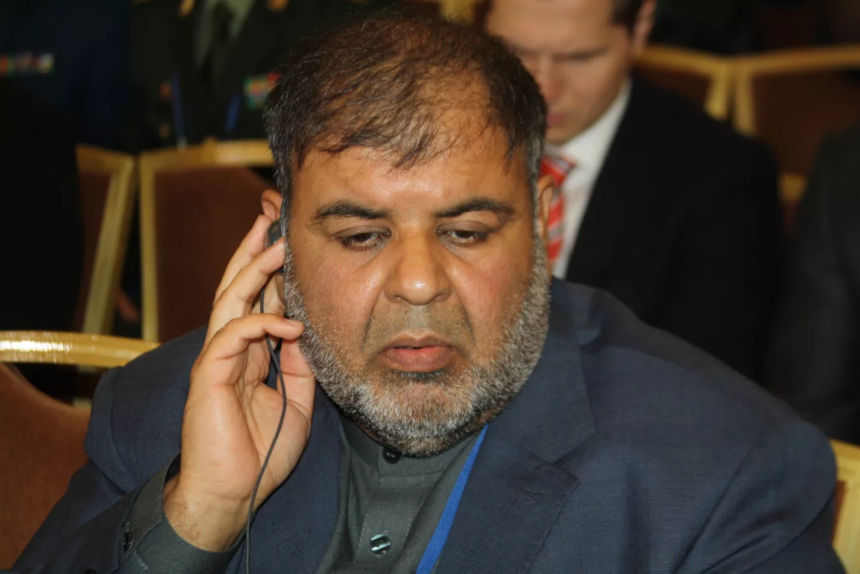RASC News Agency: As the contest between global superpowers intensifies, Karim Khurram, a senior figure in Afghanistan’s former democratic government, has issued a grave warning about the geopolitical vacuum into which Afghanistan has fallen. In a newly published essay, Khurram portrays the country as a ticking time bomb stripped of the institutions, alliances, and national cohesion necessary to protect itself amid mounting international tensions. Writing on Sunday, May 25, on the social platform X, Khurram contextualizes the current global unrest as a continuation of historical patterns: the 19th century saw the British and Russian empires collide across Central Asia, the 20th century was dominated by the Cold War between the United States and the Soviet Union, and now, in the 21st century, the stage is set for confrontation between Washington and Beijing.
Khurram argues that China has emerged as the only credible challenger to American global supremacy. He asserts that the United States’ increasingly assertive posture toward China is not a spontaneous shift, but the continuation of a long-term strategic doctrine initiated under President Obama and expanded through the Trump and Biden administrations. Quoting Obama, who once called U.S.–China relations “the defining issue of the century ahead,” Khurram underscores the historic magnitude of the current geopolitical inflection point. Yet, he warns, Afghanistan today is not even a passive beneficiary of these realignments. Unlike in previous eras when a semblance of institutional governance offered at least symbolic participation Afghanistan under Taliban rule is leaderless, voiceless, and perilously exposed. “In past rivalries,” Khurram notes, “Afghanistanis were cast as mere spectators and victims; today, they are completely defenseless, deprived of even the illusion of sovereignty.”
Khurram attributes this unprecedented vulnerability to three interlocking crises: the collapse of state institutions following the Taliban’s return to power, the erosion of national unity through ethnic exclusion and ideological extremism, and the regime’s systematic alienation from the international community. Under Taliban rule, Afghanistan has withdrawn from multilateral engagement, crippled its diplomatic corps, and turned inward leaving it incapable of leveraging global dynamics to its advantage. He warns that this internal implosion, coupled with growing international isolation, has planted the seeds of a social explosion. Citing widespread poverty, deepening ethnic and sectarian divides, and the regime’s repressive rule, Khurram compares the situation to the silent planting of a bomb one that could detonate without warning. The absence of a national vision, a functioning economy, and a modern defense infrastructure has reduced the country to a fragile wasteland, he argues.
Khurram’s critique, though indirect, is a scathing indictment of the Taliban’s failed governance. Since seizing power, the group has prioritized ideological enforcement over state-building, repression over reconciliation, and isolation over engagement. Rather than uniting Afghanistan under a common national purpose, the Taliban have deepened fragmentation, banned dissent, and dismantled the very institutions that once held the country together. Now, as the tectonic plates of global power shift once more, Afghanistan finds itself in a hauntingly familiar role: the battleground of foreign ambitions. But this time, under Taliban rule, the country stands truly alone without vision, without allies, and without defense.






